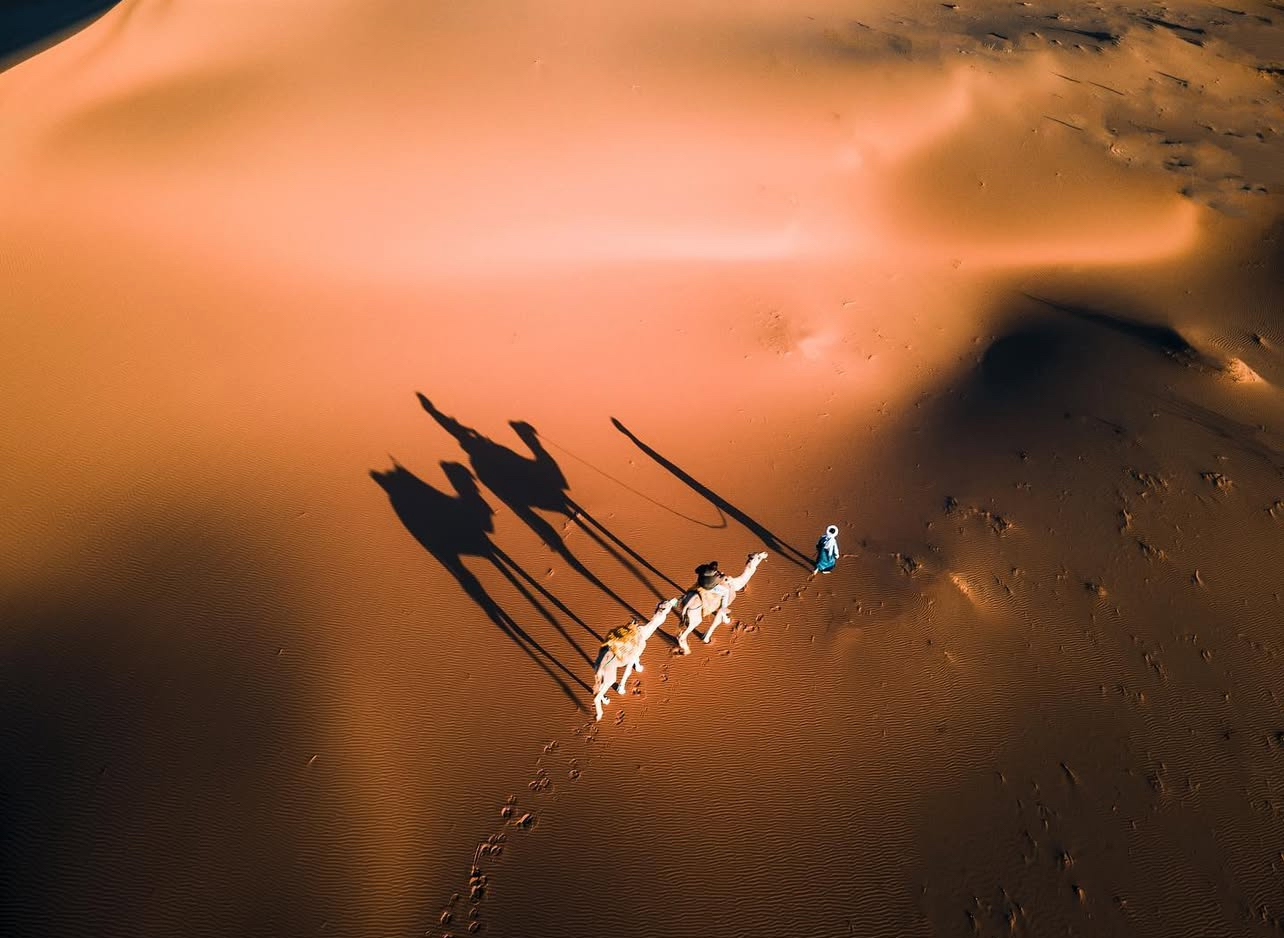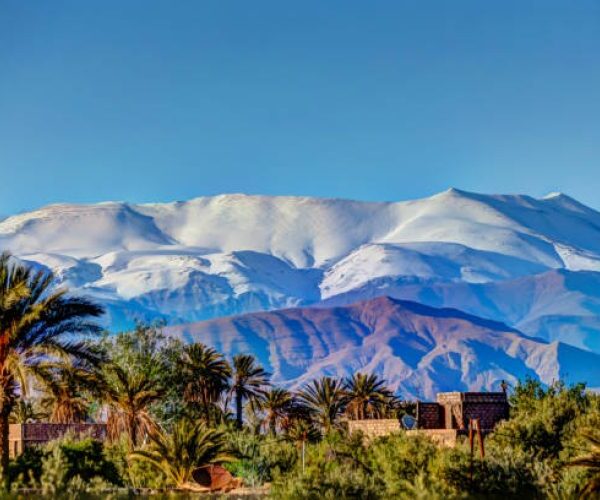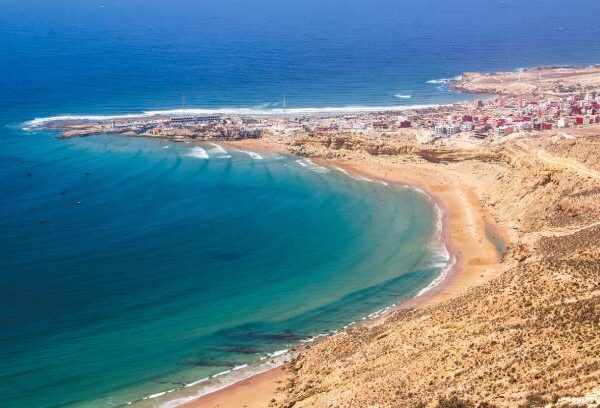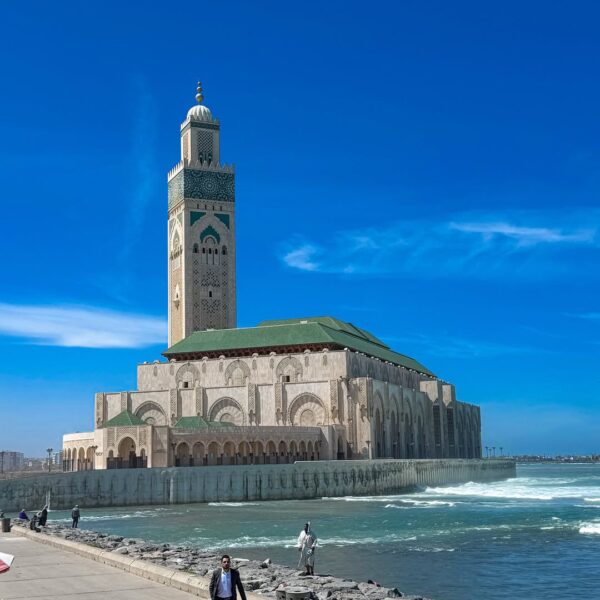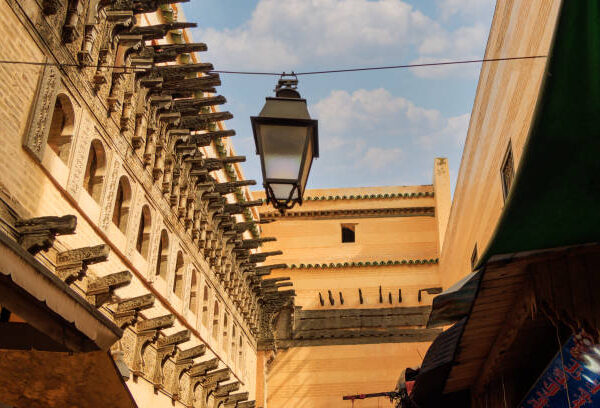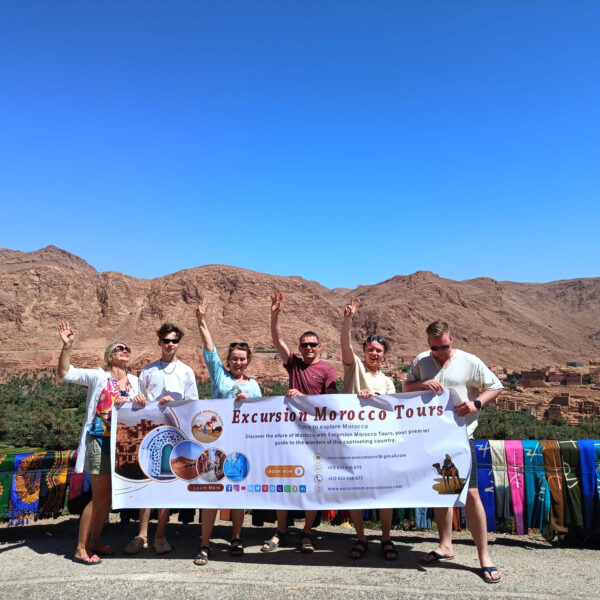Is It Safe to Travel to Morocco
If you’re planning a vacation to Morocco and wondering, “Is Morocco safe for tourists? the short answer is yes. Morocco is one of the most popular travel destinations in North Africa and is generally considered safe for international travelers. From the bustling souks of Marrakech and the serene blue alleys of Chefchaouen to the majestic Sahara Desert Tours, Morocco offers a rich mix of culture, adventure, and warm hospitality. However, like any country, it’s important to understand the local customs, legal environment, and travel safety essentials to ensure a smooth and enjoyable experience.
How Safe Is Morocco for Tourists?
Morocco is a relatively safe destination for travelers of all backgrounds including solo travelers, families, LGBTQ+ visitors, and Jewish tourists. Violent crime is rare, especially in major tourist cities such as Marrakech, Fes, Casablanca, and Agadir. That said, petty theft and scams can occur in crowded places, particularly in busy markets, train stations, and medinas.
Top Morocco Safety Tips
-
Be alert in busy areas such as Jemaa el-Fnaa (Marrakech) and Fes el-Bali.
-
Keep your valuables close or use anti-theft bags.
-
Avoid walking alone in unfamiliar neighborhoods at night.
-
Use official taxis or rideshare apps when possible.
-
Stay informed about local news or travel advisories.
Is Morocco Safe for Solo Female Travelers?
Yes, solo female travel in Morocco is possible, but it does come with cultural considerations. Morocco is a Muslim-majority country with conservative social norms, particularly outside the main cities.
Female Traveler Safety Tips in Morocco
-
Dress modestly by covering your arms, chest, and legs.
-
Avoid walking alone at night in unfamiliar or poorly lit areas.
-
Consider joining guided tours or using female-led travel groups.
-
Be firm but polite in refusing unwanted attention or sales pitches.
-
Stay at reputable riads or hotels with good reviews from solo travelers.
While some female travelers may experience occasional catcalling or unwanted attention, being confident and respectful of cultural expectations goes a long way in ensuring a safe and pleasant trip.
Is Morocco Safe for LGBTQ+ Travelers?
LGBTQ+ travel to Morocco is a sensitive topic. Homosexuality is technically criminalized under Moroccan law, but enforcement is inconsistent. While public displays of affection (regardless of gender) are discouraged due to cultural norms, many LGBTQ+ couples travel discreetly and have safe, enriching experiences.
LGBTQ+ Morocco Travel Tips:
-
Avoid public affection and be discreet in conservative settings.
-
Choose LGBTQ+-friendly accommodations (check reviews or forums).
-
Connect with local guides who are aware of inclusive experiences.
-
Respect cultural values while enjoying the beauty of Morocco’s people and landscapes.
Is Morocco Safe for Jewish Travelers?
Absolutely. Morocco has a long and respected Jewish history, and many sites including the Jewish Mellah (quarter) in Marrakech and the Museum of Moroccan Judaism in Casablanca honor this heritage.
Jewish travelers in Morocco can explore synagogues, cemeteries, and historical sites with comfort and safety. Moroccan locals are known for their tolerance and hospitality, and there’s a genuine appreciation for the country’s Jewish roots.
Is Morocco Safe for Families?
Yes Morocco is a fantastic destination for family vacations. Moroccan culture is deeply family-oriented, and children are welcomed everywhere. From camel rides in the Sahara to visiting colorful markets, Morocco offers endless excitement for kids and parents alike.
Family Safety Tips:
-
Keep an eye on kids in crowded places like medinas and souks.
-
Bring child-friendly snacks and hand sanitizer for day trips.
-
Book family-friendly riads or hotels with pools and kid activities.
-
Plan guided experiences that engage children with culture, nature, and storytelling.
Public Safety and Common Scams in Morocco
Like many tourist hotspots, scams in Morocco do exist. Be cautious with:
-
“Fake guides” offering unsolicited tours in medinas.
-
Inflated taxi prices — always agree on the fare before you ride.
-
Overpriced souvenirs or pressure sales in shops.
Travel smart: Do your research, ask your hotel for trusted guides, and don’t hesitate to politely decline.
Food and Water Safety in Morocco
Moroccan food is full of spices and flavors, but not all street food is created equal. Stick to popular local eateries or food stalls with high turnover. Wash or peel fruits yourself and avoid uncooked salads in less hygienic spots.
Drink only bottled water, and avoid tap water unless your accommodation assures its filtration system. Many travelers also bring a portable water filter or SteriPen for added peace of mind.
Is Morocco Safe During Ramadan?
Yes, Morocco is still a great place to visit during Ramadan, but it helps to plan accordingly. During daylight hours, Muslims fast meaning many restaurants may be closed until sunset.
Ramadan travel tips:
-
Avoid eating or drinking in public before iftar (sunset meal).
-
Enjoy the festive nights with locals especially the iftar feasts!
-
Be mindful of public behavior and show cultural sensitivity.
Legal Tips & Drug Laws in Morocco
Cannabis is widely grown in the Rif Mountains, but drug use is illegal and heavily penalized. Don’t carry or consume drugs in Morocco. If you’re caught, legal consequences can be severe, including jail time.
Legal reminders:
-
Carry your passport or a copy for ID checks.
-
Avoid political discussions or photographing police/military.
-
Respect Islamic values and laws, especially in religious spaces.
Useful Travel Information for Morocco (2025)
-
Currency: Moroccan Dirham (MAD) – carry some cash for small purchases.
-
Languages: Moroccan Arabic (Darija), French, Amazigh; English is common in tourist areas.
-
Plugs: Standard European (Type C & E), 220V.
-
Weather: Varies by region — deserts are hot, mountains cool.
-
Time Zone: GMT+1.
-
Visa: No visa needed for most EU, US, UK citizens for stays up to 90 days.
-
Transport: Trains, buses, and private drivers are safe and reliable.
-
Airports: Casablanca (CMN), Marrakech (RAK), Fes (FEZ), Tangier (TNG).
Final Thoughts: Is Morocco Safe to Travel in 2025?
Yes, Morocco is safe to travel in 2025 whether you’re a solo explorer, a couple on a romantic escape, a family on holiday, or a group of adventure seekers. Like any destination, it pays to stay informed and respectful of local customs. By practicing smart travel habits, embracing cultural differences, and planning ahead, your journey through Morocco will not only be safe, but incredibly rewarding.

